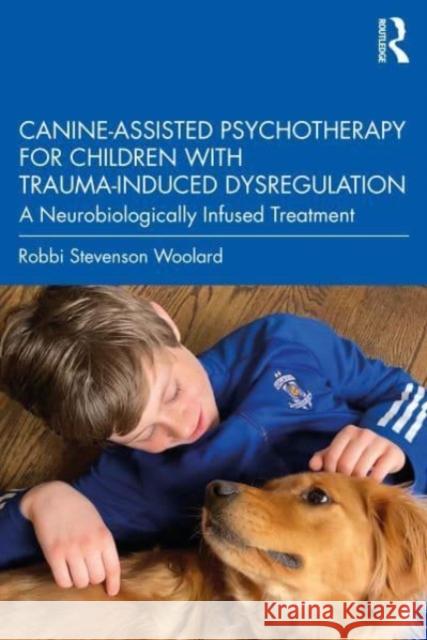Canine-Assisted Psychotherapy for Children with Trauma-Induced Dysregulation: A Neurobiologically Infused Treatment » książka
topmenu
Canine-Assisted Psychotherapy for Children with Trauma-Induced Dysregulation: A Neurobiologically Infused Treatment
ISBN-13: 9781032108759 / Angielski
Canine-Assisted Psychotherapy for Children with Trauma-Induced Dysregulation: A Neurobiologically Infused Treatment
ISBN-13: 9781032108759 / Angielski
cena 208,40
(netto: 198,48 VAT: 5%)
Najniższa cena z 30 dni: 204,63
(netto: 198,48 VAT: 5%)
Najniższa cena z 30 dni: 204,63
Termin realizacji zamówienia:
ok. 22 dni roboczych
Bez gwarancji dostawy przed świętami
ok. 22 dni roboczych
Bez gwarancji dostawy przed świętami
Darmowa dostawa!
This book provides mental health researchers and clinicians with valuable insight into the pathway that leads from developmental trauma to dysregulation and psychopathology.











